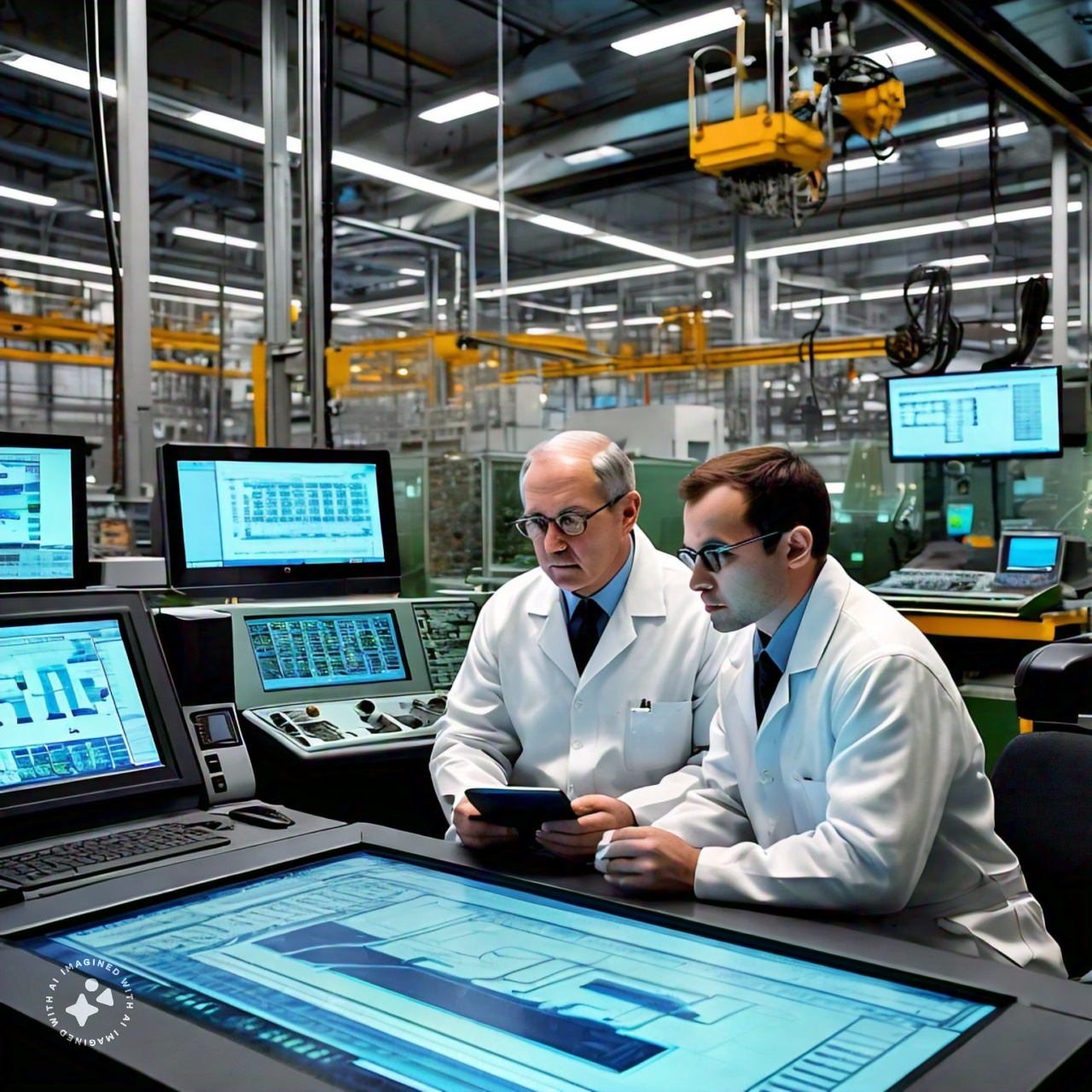The manufacturing landscape is undergoing a metamorphosis. Automation, digitalization, and ever-evolving consumer demands are redefining how products are conceived, produced, and delivered. In this dynamic environment, one aspect remains constant: the unrelenting pursuit of quality. This is where Manufacturing Quality Engineering (MQE) emerges as the compass guiding manufacturers toward a prosperous future.
Shifting Gears: From Reactive to Proactive Quality
Traditionally, quality control focuses on identifying and rectifying defects after production. However, Manufacturing Quality Engineering adopts a proactive stance. It integrates quality considerations throughout the product lifecycle, from design and development to manufacturing and post-production support. By anticipating potential issues and implementing preventive measures, MQE minimizes errors, reduces waste, and streamlines production processes.
The Power of Prevention: Core Tenets of MQE
Manufacturing Quality Engineering hinges on several fundamental principles. It emphasizes establishing well-defined quality standards that encompass every stage of production. These standards serve as benchmarks for measuring performance and ensuring consistent product excellence. Furthermore, MQE champions robust testing methodologies. Rigorous inspections and simulations conducted throughout the development cycle help unearth and address vulnerabilities before they impact the final product.
Embracing Innovation: Tools for a Quality-Centric Future
Manufacturing Quality Engineering thrives on the intelligent use of technology. Data analytics empowers manufacturers to glean valuable insights from production processes. Real-time data helps identify trends, predict potential problems, and fine-tune operations for optimal efficiency. Additionally, advanced automation tools can be leveraged for repetitive quality checks, freeing human resources for higher-level tasks and strategic decision-making.
Collaboration is Key: Building a Culture of Quality
Manufacturing Quality Engineering flourishes when there’s a company-wide commitment to excellence. Effective communication and collaboration between design teams, production personnel, and quality engineers are crucial. Manufacturers can ensure that quality remains at the forefront of every decision by fostering a culture of shared accountability and continuous improvement.
The Road Ahead: Benefits of a Quality-Driven Approach
By embracing Manufacturing Quality Engineering, manufacturers unlock a plethora of advantages. Reduced rework rates, lower production costs, and enhanced product reliability contribute to a more robust bottom line. More importantly, a reputation for consistent quality fosters customer trust and loyalty, propelling a brand toward long-term success.
The Human Touch: The Irreplaceable Role of Quality Engineers
While automation is pivotal in Manufacturing Quality Engineering (MQE), the human element remains irreplaceable. Quality engineers bridge technology and process, wielding their expertise to interpret data, identify root causes of defects, and implement corrective actions. Their analytical skills and problem-solving abilities are essential for ensuring consistent quality and optimizing production processes.
Beyond Inspection: The Expanding Role of Quality Engineers
Quality engineers’ purview is constantly expanding. As manufacturers embrace new technologies like additive manufacturing (3D printing), their expertise becomes even more critical. Quality engineers are crucial in developing and implementing quality control plans for these emerging processes, ensuring the production of defect-free, high-precision components.
Investing in the Future: Building a Skilled Workforce
Manufacturers must invest in building a skilled workforce to reap the full benefits of Manufacturing Quality Engineering. This entails providing ongoing training and development opportunities for quality engineers, equipping them with the knowledge and expertise to navigate the complexities of modern manufacturing. Additionally, fostering a culture of continuous learning within the organization ensures that the quality engineering team stays abreast of the latest advancements and best practices in the field.
Conclusion:
By prioritizing Manufacturing Quality Engineering, manufacturers can achieve operational excellence and contribute to a more sustainable future. Reduced waste, lower energy consumption, and improved product longevity are all hallmarks of a quality-centric approach. In this way, Manufacturing Quality Engineering paves the way for a future where manufacturing is efficient, profitable, and environmentally responsible.
FAQs
-
What is Manufacturing Quality Engineering (MQE)?
Manufacturing Quality Engineering is a proactive approach to ensuring quality throughout the product lifecycle.
-
How can AmrepInspect help my business?
AmrepInspect offers various services to help you implement Manufacturing Quality Engineering practices, improve efficiency, and achieve superior product quality.
-
What skills are essential for a quality engineer?
Manufacturing Quality Engineering demands technical expertise, analytical thinking, problem-solving abilities, and strong communication skills.
-
How can I get started with Manufacturing Quality Engineering (MQE)?
AmrepInspect offers various consulting services to help you develop and implement a customized MQE program tailored to your needs.
-
What are the different types of Manufacturing Quality Engineering services offered by AmrepInspect?
Our services encompass quality control plan development, inspection process design, implementation of automated inspection solutions, and training for your quality engineering team.
-
What are the long-term benefits of investing in Manufacturing Quality Engineering?
A robust MQE program fosters a culture of continuous improvement, leading to increased efficiency, reduced costs, enhanced product quality, and a more substantial brand reputation.

